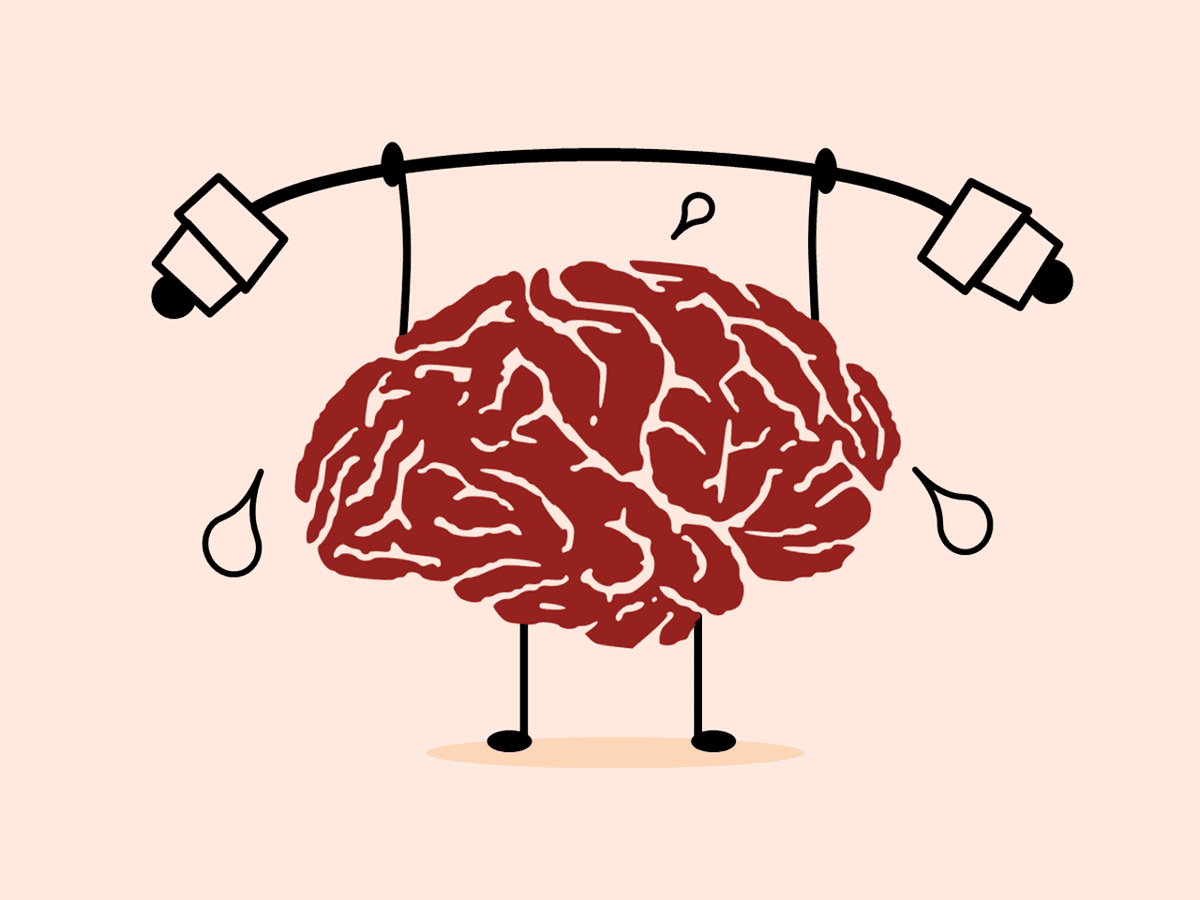Recognizing the Effect of Exercise on Mental Health and Total Wellness
Beyond its physical advantages, the effect of workout on one's psychological wellness has been a topic of growing interest and research study - Mental Health Services. As we browse through the intricacies of this relationship, a deeper understanding of exactly how workout influences our psychological state and general wellness emerges, losing light on the extensive implications it holds for our day-to-day lives and long-lasting health.
Benefits of Exercise on Mental Health And Wellness

Regular physical workout has been shown to dramatically enhance mental health and wellness end results in people of any ages. Participating in routine workout not just advantages physical wellness however also plays an important role in improving psychological wellness. Among the key advantages of workout is its capability to reduce signs of anxiety and depression. Exercise promotes the launch of endorphins, additionally referred to as the "feel-good" hormonal agents, which can help reduce sensations of tension and boost mood.
In addition, workout has been linked to enhanced cognitive function and general brain health (Mental Health Services). Research studies have actually revealed that normal exercise can boost decision-making, memory, and concentration skills. It can also contribute to a decrease in the danger of cognitive decline as people age. Additionally, workout advertises much better sleep patterns, which are important for maintaining excellent mental health and wellness.

Connection Between Exercise and Tension
Exercise works as a powerful mechanism for reducing tension and promoting mental well-being by helping with the launch of endorphins and promoting a sense of relaxation and rejuvenation. When stress and anxiety levels rise, the body's fight-or-flight feedback is triggered, resulting in boosted cortisol levels. Normal physical task aids neutralize this response by reducing cortisol levels, which subsequently alleviates stress and anxiety. In addition, exercise advertises the production of endorphins, typically described as the body's all-natural painkillers, which function as mood lifts and stress reducers - Mental Health Services.
Involving in physical activity also offers an interruption from day-to-day stressors, permitting people to concentrate on today moment instead of ruminating on sources of tension. Additionally, exercise can improve self-confidence and confidence, providing a sense of achievement and control that can fight sensations of vulnerability often associated with stress. By incorporating exercise right into a normal regimen, individuals can successfully take care of tension levels, resulting in enhanced psychological health and total quality of life.
Impact of Exercise on State Of Mind
Participating in physical activity has been revealed to considerably influence one's mood and emotional well-being. The connection between workout and mood is well-documented, with numerous researches highlighting the favorable impacts of exercise Learn More Here on mental health and wellness. When we participate in exercise, our bodies launch endorphins, commonly referred to as "feel-good" hormones, which can assist reduce feelings of clinical depression, anxiousness, and tension. Additionally, routine workout can lead to enhanced self-worth and a feeling of success, which can additionally boost one's total state of mind.
In addition, the effect of workout on mood extends past simply the immediate post-workout duration. Research recommends that people that preserve a constant workout regimen are a lot more likely to experience lasting enhancements in their state of mind and mood. This can be credited to the structural modifications in the mind that happen as an outcome of regular exercise, such as enhanced connectivity in between mind regions in charge of controling feelings.
Exercise and Cognitive Feature
Many researches have actually demonstrated the considerable effect of physical activity on cognitive function, highlighting the elaborate connection look at this site in between workout and mental procedures. Involving in normal exercise has been revealed to boost numerous facets of cognitive feature, including memory, interest period, problem-solving abilities, and overall mental skill.
Additionally, regular exercise has been linked to a decreased danger of cognitive decline and neurodegenerative diseases such as Alzheimer's. Research studies suggest that people who preserve an energetic way of living throughout their lives experience slower rates of cognitive decrease contrasted to those who are inactive. On the whole, the proof overwhelmingly sustains the idea that normal exercise is not only helpful for physical wellness but likewise plays a vital role in preserving and improving cognitive function.
Methods for Including Workout
Taking on a structured approach to integrating exercise into daily routines can significantly boost the likelihood of preserving a consistent exercise regimen. One effective approach is to establish certain, attainable goals. These goals must be practical and tailored to specific abilities to stop feelings of failure and guarantee motivation. In addition, integrating workout into existing regimens, such as walking or cycling to function, taking the stairways instead of the elevator, or organizing regular workout sessions, can help make physical activity a habitual component of every day life.
Another beneficial strategy is to find tasks that are satisfying. Whether it's dance, biking, swimming, or yoga exercise, involving in activities that bring pleasure enhances the possibilities of sticking with the workout regimen in the long run. Furthermore, differing the types of workouts and setting aside time for both cardio and strength-training activities can avoid boredom and give an alternative approach to physical fitness.
Including exercise into social tasks, such as joining a sports team or workout group, can also promote a feeling of neighborhood assistance and responsibility, making it less complicated to remain devoted to routine workout. By implementing these strategies, people can develop a lasting and fulfilling exercise regimen that advertises psychological health and total wellness.
Final Thought
In verdict, workout has countless advantages for psychological this content health and overall wellness. By comprehending the impact of exercise on psychological health and wellness, people can take proactive actions to prioritize their physical activity and gain the favorable effects on their psychological and mental state.
